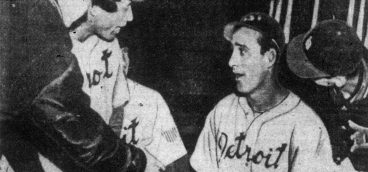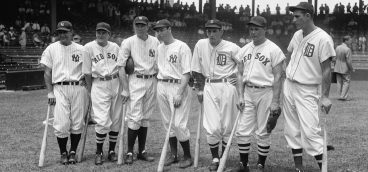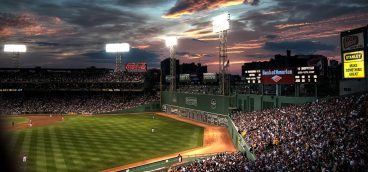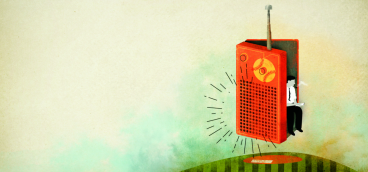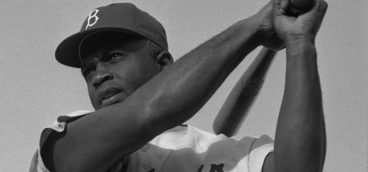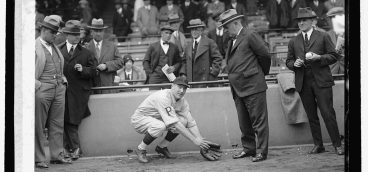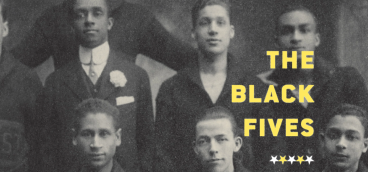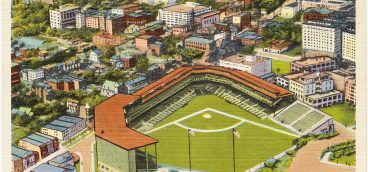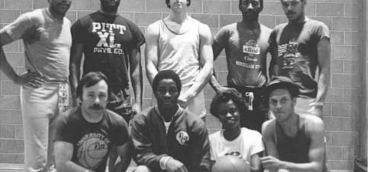Pittsburgh Hopes to Finally Get a Team Worthy of its Ballpark
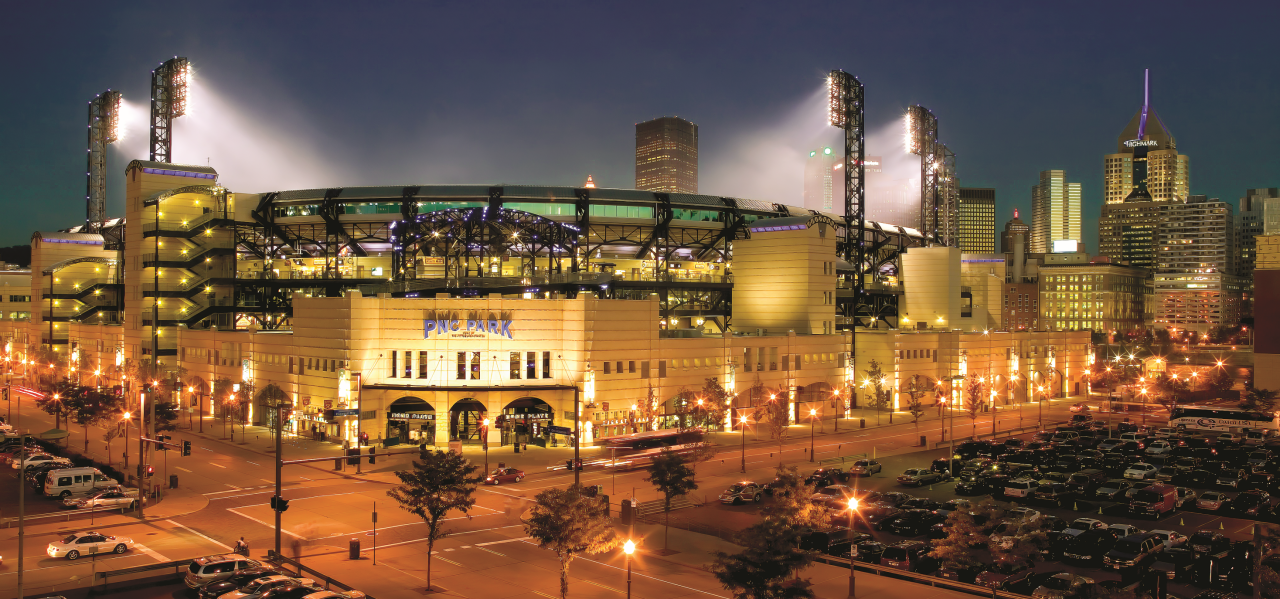
Editor’s note: This piece was written and originally published prior to the Pirates getting off to the second-best start of the 30 Major League Baseball teams.
Sixteen.
That’s how many teams have won the World Series since PNC Park opened in 2001. Another five have gotten to the big autumn show and lost.
That’s 21 teams in 23 seasons. There never has been a time in baseball history with such flag-passing. It took almost three times as long, 66 years, from the Pirates’ loss to Boston in the first World Series in 1903, to the Miracle Mets’ win in 1969, for the 16th World Champ to be crowned.
As Pittsburghers can’t help but notice, the Pirates have played no part in this sudden horsehide egalitarianism. Not only are they among the nine October wallflowers of the 21st century, they’ve been waiting since 1979 to get back to the World Series. That’s a longer wait than anyone but the Seattle Mariners, who didn’t exist before 1977 and represent the only team never to be in the Series.
The Pirates’ failure is a betrayal of the central promise made — build it and we will compete — when taxpayers (largely against their will) sprang for much of the costs of building the prettiest ballpark in North America. The irony is that a strong case can be made that the shakier secondary promise, that this stadium would be an economic boost to Pittsburgh, seems to have come true.
The top six and eight of the top 10 attendance seasons in franchise history have come in PNC Park. And this happened despite having only four winning years in those environs (also just four in the past 31 seasons, kids, if you’re scoring at home).
Pirates fans aren’t delusional. They just like baseball and they come out in greater numbers when the team is good. Average seasonal attendance topped the entire population of the seven-county metro area during the wild card stretch from 2013 to 2015. But every season’s attendance is also augmented by hundreds of thousands of baseball tourists.
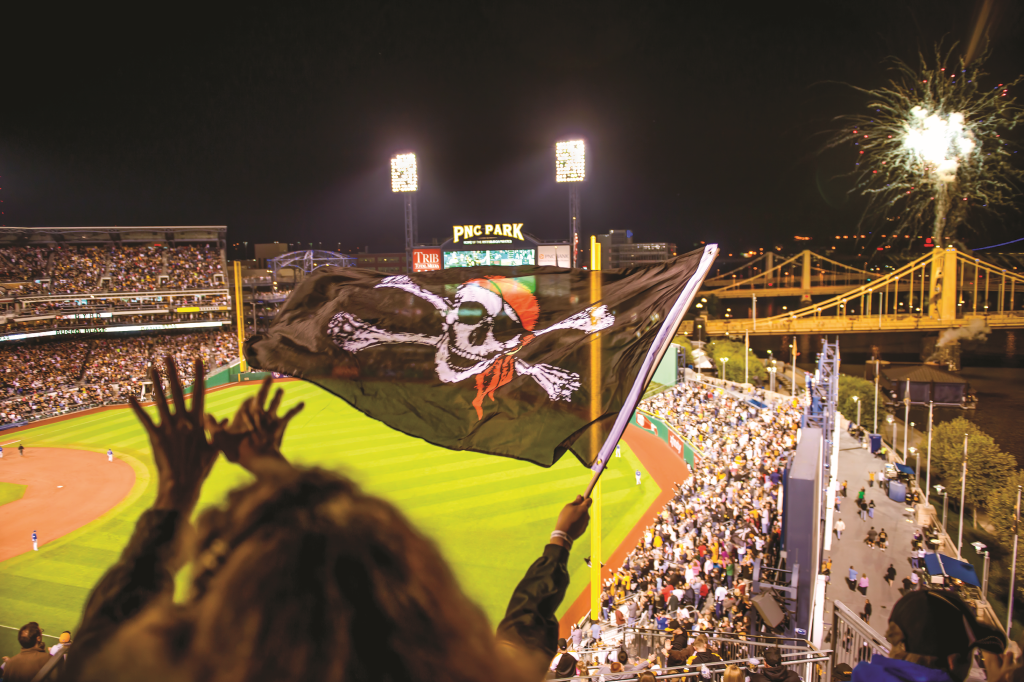
A 2018 zip code study by the Sports & Exhibition Authority showed that more than a third of PNC Park’s nearly 2 million attendees in 2017 came from outside Pennsylvania. Six of 10 were from outside Allegheny County.
A slice of those visitors were Pirates fans from Ohio, West Virginia or the great Pittsburgh diaspora. But most were arriving to root for the visitors, as any glance around the ballpark for jerseys would show during a Phillies, Mets or Cubs game. PNC Park is on a lot of baseball fans’ bucket lists, not least because the tickets are far cheaper than their favorite teams’ extortionary prices.
Those clamoring hordes stay in the hotels and eat in the restaurants that have replaced the empty asphalt sea that surrounded Three Rivers Stadium for three decades. The Pirates not only bring in more visitors than the Penguins and Steelers combined, they bring in more than the convention center.
So, does that mean the Pirates can afford to put an inferior product on the field forever, knowing the bills will be paid by baseball tourists? It could. There certainly is no reason to ever move this team. Owner Bob Nutting has a can’t-lose business model. He’s part of a cartel that offers only 30 places to see a big-league ballgame, and Pittsburgh is within 250 miles of about 42 million Americans. That’s among the reasons this team, bought for $90 million in 1996 by a consortium including the Nutting family, is now worth $1.3 billion, according to Forbes magazine.
Mr. Nutting surely has noticed a couple of things in that time.
First, the Pirates share a division with three teams from comparable metro areas — the Cincinnati Reds, Milwaukee Brewers and St. Louis Cardinals — and the Chicago Cubs. The Cubbies share their city with another team, each of whom wins the World Series only every 100 years or so. It should be hard not to compete in the NL Central, yet the Pirates are the only team not to have won the divisional crown in the 30 seasons of its existence.
Meantime, the Tampa Bay Rays manage to top the Yankees, Red Sox and Toronto Blue Jays in the American League East, despite the Rays playing before sparse crowds in the worst stadium in baseball.
When the Pirates field even a decent team, locals come out. Attendance rose by 373,000, or about 30 percent, this past season, largely because the Pirates won 14 more games than they had the year before — and still lost 10 games more than they won.
That attendance surge likely amounts to more than $15 million in revenue. The Pirates’ paltry payroll has been covered by the revenue sharing the team receives from Major League Baseball, and the team is bound to have one of the lowest payrolls in baseball again this year.
But the organization has money to play with if it genuinely wants to fill a big need such as starting pitching. The Pirates signed free agent starting pitcher Martin Perez to an $8 million, one-year deal in December. Mr. Nutting also signed long-term contracts in each of the past two seasons with two of the Pirates’ best players, Ke’Bryan Hayes and Bryan Reynolds, so those are encouraging signs. Long-suffering Pirates fans (pardon the redundancy) will be waiting to see if the team makes the final moves to become a serious contender.
Both teams in the Series this past autumn, the Texas Rangers and the Arizona Diamondbacks, lost more than 100 games two years ago. The modern playoff system of wild cards and short series allowed these wild cards to get hot and kick aside teams that had fared better during the regular season.
The only downside for the Pirates finally ending their Series drought after 44 seasons (and counting) is that it could cut into tourism. PNC Park tickets could be gone before fans of the richer visiting teams get a chance to buy them. Here’s guessing Pittsburghers would learn to live with that.


